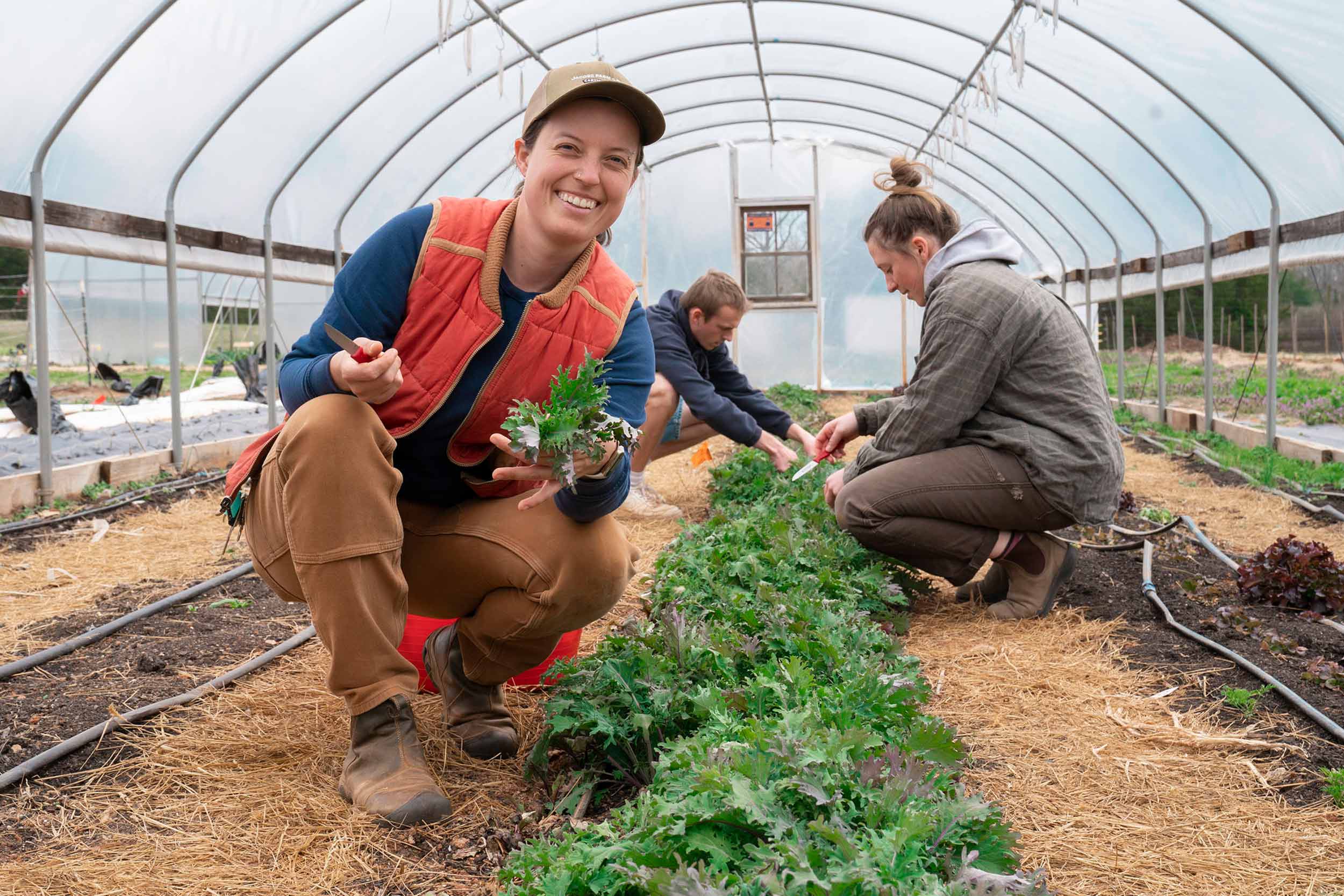Kickstart Your Gardening Journey: Structure the Perfect Gardening Kit for Beginners
Wiki Article
Expanding Green Thumbs: a Beginner's Journey Into the World of Gardening
Are you eager to get your hands dirty and start expanding your own yard? Look no further! In this short article, we'll take you on a newbie's trip right into the globe of gardening. You'll find out about picking the right plants, comprehending dirt and compost, and crucial gardening devices. We'll additionally show you sprinkling and feeding techniques and just how to take care of usual yard parasites. Prepare to grow your environment-friendly thumb and watch your garden flourish!Picking the Right Plants
You require to analyze your gardening room and identify the number of plants that will fit easily. Measure the dimensions of your garden beds or pots and determine the readily available area. Take into consideration the fully grown dimension of the plants you plan to expand.Once you have a clear idea of your gardening area, it's time to pick the best plants. Certain plants thrive in full sun, while others favor partial shade. This will aid you select plants that are matched to your particular conditions.
It's likewise necessary to consider your level of horticulture experience. If you're new to horticulture, choose plants that are simple to grow and need minimal upkeep. Natural herbs like basil, rosemary, and mint are forgiving and best for newbies. Additionally, take into consideration the length of your growing season. Choose plants that have a shorter maturity period if you stay in an area with a shorter growing period.
Understanding Soil and Compost
To make sure the success of your garden, it is vital that you recognize the value of soil and compost. Dirt is the structure of your yard, supplying nutrients, water retention, and support for your plants. It is important to have a mutual understanding of your soil type, whether it is sandy, clayey, or fertile, as this will certainly determine the kinds of plants that will certainly thrive in your yard. Garden compost, on the various other hand, is a terrific way to enhance the high quality of your soil. It is made up of organic matter, such as kitchen scraps, yard waste, and leaves, that decay with time. Including compost to your dirt will certainly enhance it with important nutrients and enhance its framework, permitting better water drainage and oygenation. You can either make your very own garden compost making use of a compost container or purchase it from a yard. Keep in mind, a healthy and abundant soil is the essential to a successful yard, so take the time to recognize your soil and integrate compost to ensure your plants thrive.
Crucial Horticulture Tools
A great set of horticulture gloves is a must-have to protect your hands from thorns, prickly plants, and dirt. A garden hose pipe or watering can is crucial for keeping your plants moistened. A tough pair of trimming shears or secateurs is crucial for cutting and shaping your plants.Watering and Fertilizing Techniques

Taking Care Of Common Yard Pests
As a newbie garden enthusiast, you may run into typical garden parasites that can damage your plants. These bugs can range from pests like caterpillars, beetles, and aphids, to tiny pets like squirrels and rabbits. It is necessary to be able to deal and identify with these parasites efficiently in order to secure your plants and guarantee an effective garden.Among the initial steps in taking care of garden bugs is to on a regular basis inspect your plants for any type of signs of invasion. Try to find eaten fallen leaves, openings in the vegetation, or the visibility of tiny pests. It's vital to take activity promptly to avoid them from spreading out and causing more damage. if you detect any kind of pests.
There are a number of techniques you can utilize to regulate yard bugs. Additionally, there are natural parasite control sprays available that can help deter and eliminate typical yard parasites.
Bear in mind, avoidance is vital when it pertains to handling garden insects. Keeping your garden totally free and tidy of particles can help in reducing the likelihood of an infestation. Regularly getting rid of weeds and dead plants can also help eliminate hiding locations for pests.
:max_bytes(150000):strip_icc()/GettyImages-165831199-56d751df3df78cfb37da972c.jpg)
Final Thought
Congratulations on completing your beginner's trip into the world of gardening! By choosing the right plants, understanding soil and compost, using essential gardening tools, and mastering watering and feeding methods, you have actually set on your own up for success. Do not fail to remember to remain cautious in managing usual yard insects to ensure your plants grow. With your newly found understanding and environment-friendly thumbs, your yard will certainly grow and bring you endless happiness and beauty (home gardening for beginners). Satisfied gardening!Soil is the structure of your garden, providing nutrients, water retention, and support for your plants. It is crucial to have an excellent understanding of your soil kind, whether it is sandy, clayey, or loamy, as this will certainly establish the kinds of plants that will certainly prosper in your yard. Bear in mind, a productive and healthy soil is the key to an effective garden, so take the time to understand your dirt and integrate garden compost to guarantee your plants grow.
As a novice garden enthusiast, you might run into typical garden bugs that can unleash mayhem on your plants. It's important to be able to determine and deal with these pests efficiently in order to shield your plants and make sure an effective yard.
Report this wiki page